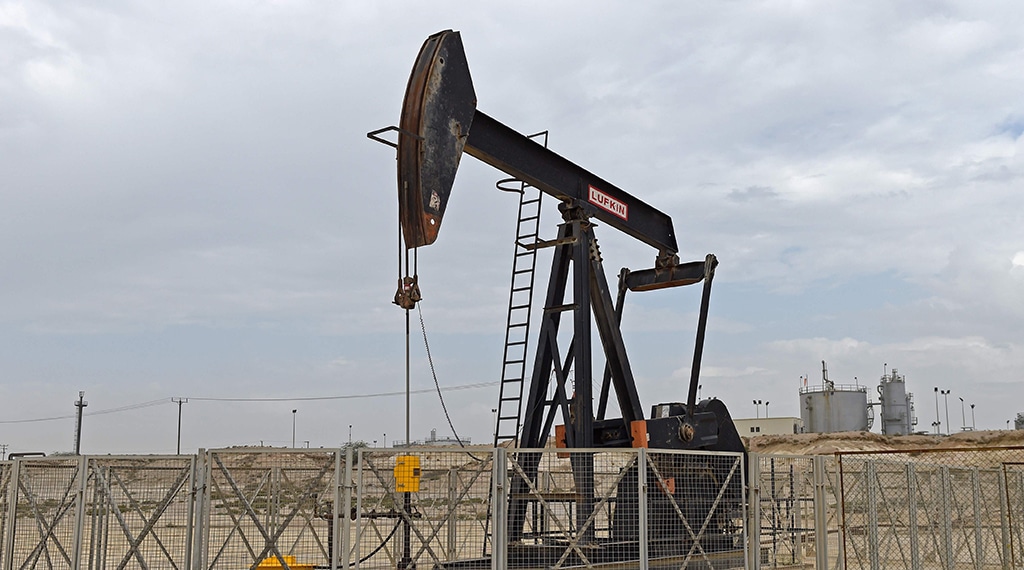KUWAIT: Most oil-producing countries within the OPEC+ system reduced their production by about 1.7 million barrels per day in a voluntary agreement without an official meeting. This reduction applies until the end of this year. A two-million barrels per day official reduction preceded this one in November 2022. The production cut aimed to support oil prices - Brent crude - which lost about 20.6% of its value in one year from April 5th 2022 to April 5th 2023 despite rising its price per barrel rose by $ 5.4.
The sudden cut seemed to be a legitimate defense of those countries’ primary source of hard currency. On the other front, the US Federal Reserve raised the interest rate on the US dollar nine times in one year, with a range of 4.75%-5.00% to achieve one goal, namely to curb inflation even if the hike curbs economic growth. The largest commodity contributing to international trade and a significant inflation source is oil, whose low price is a primary target for curbing American inflation policies.
This puts the world in an economic clash between two fronts and a complicated global financial circumstance. Each front tries to achieve a goal contradictory to the other. This uncomfortable situation portends severe repercussions for the international economic front, with impacts that may affect both parties, especially when the world is involved in a war on the European land. Besides, one of its parties is a significant member of the OPEC+ Group, which is living in a state of cloning the old Cold War.
This time, the first party is the US; the opposing party is China, which has recently entered the arena of competition for political influence. The state of division is closer to the post-crisis situation of 1929 when the Bolsheviks were ruling Russia and devastated Germany after World War I, experiencing the beginning of the emergence of the Third Reich - Hitler’s Republic -, Mussolini in Italy, and Japan was under military rule. Therefore, there was no cooperation to deal with that crisis, whose impacts lasted about 17 years.
This yielded a great war. The exact opposite happened after the 2008 crisis. China was the biggest supporter of the USA, and the G-20 was in regular contact to coordinate policies to reduce costs to the lowest limits. This cooperation contained charges to the minimum within one year. The preceding concerns us in Kuwait, the most exposed to the world and the most dependent on oil. Oil prices fell by about 20.9% between the beginning of the last fiscal year and the current one. Our oil production fell by about 9.4% during the same period, while public expenditures increased for the current fiscal year by 11.7%.
Oil revenues fund 90% of these expenditures while prices and production are decreasing, while the current part of expenditures increased to 90.5%. Kuwait is currently governed by a care taker government, that has resigned since the 26th of January 2023 and was disabled before that, and an impeached parliament with a temporary replacement. This applies to sensitive bodies with expired or temporary boards of directors, and most of the leadership positions in the public sector that directly dominates 70% of the economy, by appointment, or temporary.
The world around us is going through a troublesome affair, which will cause fundamental changes to the world. Kuwait is like a one-pillar tent that depends on oil and its savings, which dropped in both price and value, with an expected risk of further decline. Also, its general administration is temporal and is unable to take preventive actions, ie unable to work on increasing the number of its tent poles to protect the country from the dangers of external repercussions. – Al-Shall











